
How does a pituitary result in a psychiatric emergency? Read more clues to this clinical puzzle.

How does a pituitary result in a psychiatric emergency? Read more clues to this clinical puzzle.

One of the many facets of bipolar disorder is an energy problem-including at the neuronal level.
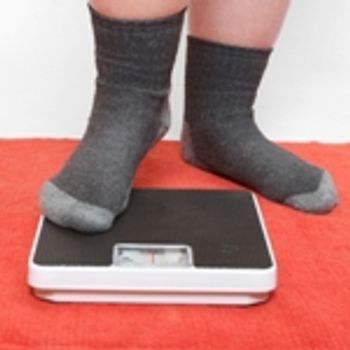
Despite increasing awareness of the cardiovascular risks, adequate treatment of the metabolic syndrome remains a persistent challenge.
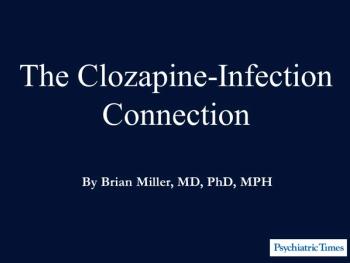
Monitoring patients for 5 key changes can help avert drug toxicity.

The authors examine legal and ethical challenges for the psychiatrist when a defendant who is incompetent to stand trial declines to take prescribed psychotropic medication.

This article summarizes the risks of untreated psychiatric illness during pregnancy as well as the risks and benefits of antidepressant use.

Functional remediation therapy addresses the cognitive problems of the nearly 50% of patients who remain impaired even when euthymic.

What is the possibility that the very illness we’re trying to improve is getting worse-with treatment?

Renewed interest and emerging systematic data have highlighted the frequency and pattern of catatonic presentations in psychiatric and medical settings, including in critical illness.
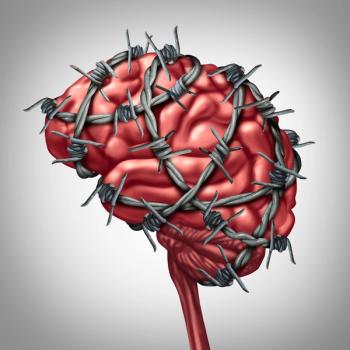
Migraine, tension-type, cluster...test your clinical acumen about headaches with these 16 questions.
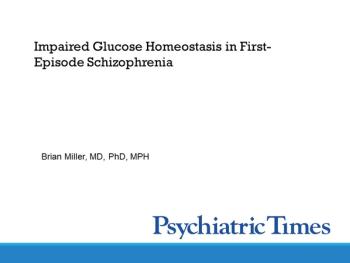
Recent findings suggest metabolic abnormalities may be independent of the effects of antipsychotics.
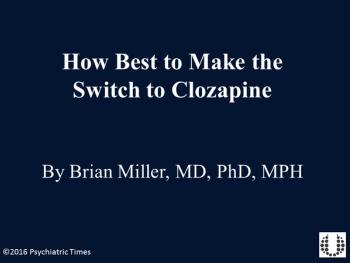
What’s the optimal approach for patients with treatment-resistant schizophrenia?

The psychiatric literature is overwhelming. So these authors have culled 25 "top" articles based on their relevance to clinical practice. Here's a quick synopsis of 8 top articles.

To understand and to feel understood is a powerful antidote to relieve human psychological suffering. Therein lies the heart of the self-medication hypothesis of addiction.

A brief overview of the many trials that have asked this weighty question.
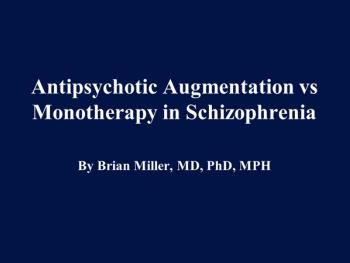
To augment or not to augment? That is the question.
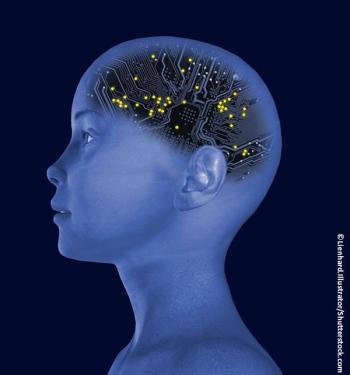
Personal enhancements (eg, cosmetic surgery) have gained societal acceptance, but cognitive enhancement poses significant ethical, philosophical, and sociopolitical issues.
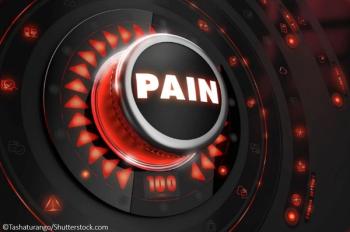
The overprescription of opioid analgesics has resulted in the growing use of heroin. Right?

“Doctor, will you prescribe medical marijuana for my mother? I think it might help her agitation better than the medication you gave her last visit.”

It's not about the specifics of preliminary studies about psilocybin. It's about the validation of research using psychedelic drugs in modern psychiatry.
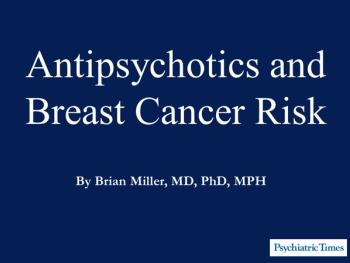
Are antipsychotics associated with an increased risk of breast cancer?

A recent meta-analysis shows this agent is useful in the prevention and treatment of antipsychotic-induced weight gain.
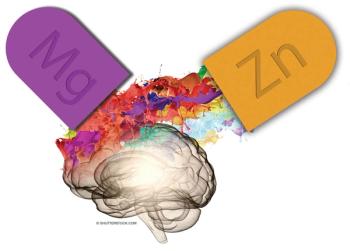
Targeted mineral supplementation has the potential to augment treatment response and yield improvement in clinical symptoms.

Potential benefits and benign safety profile of omega-3s indicate a promising intervention.

Can't keep up with the literature? Here's some help.